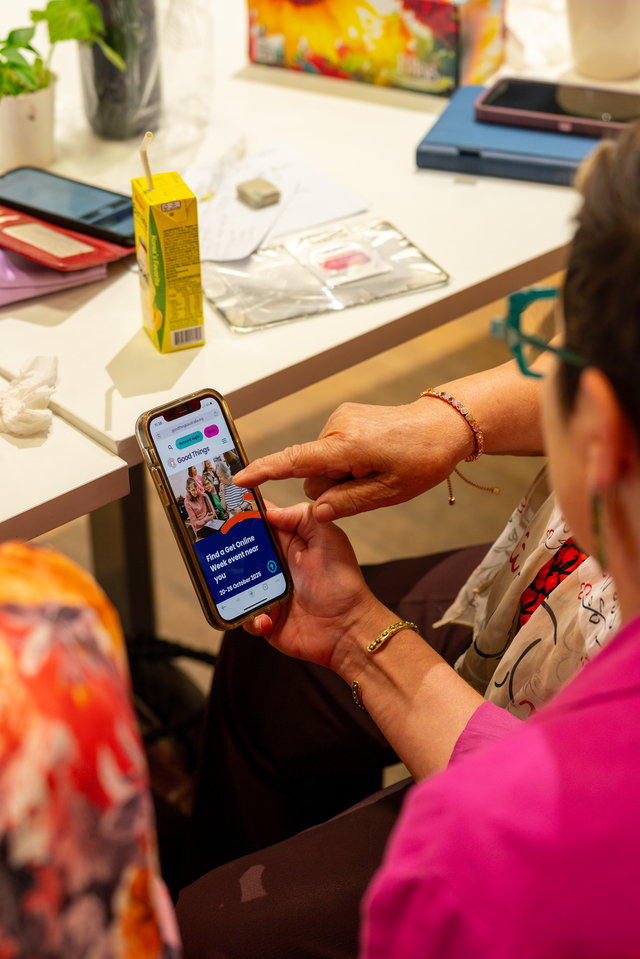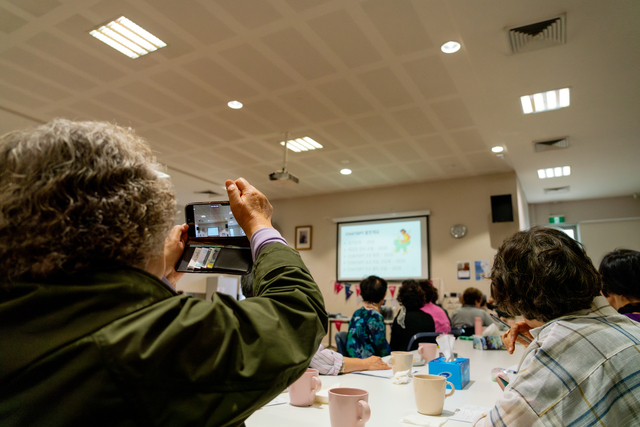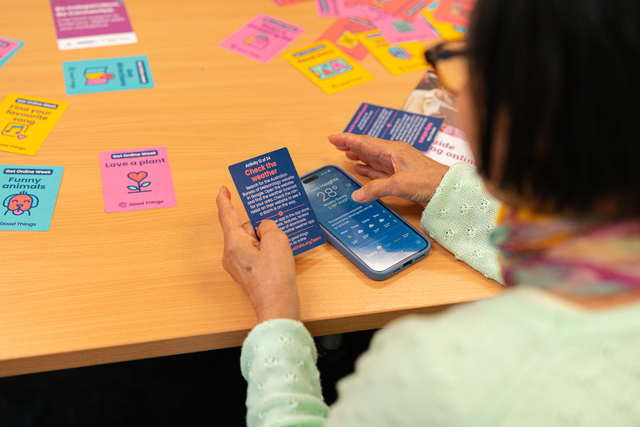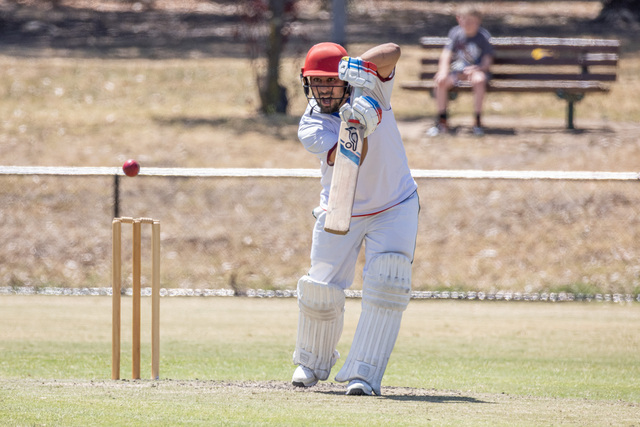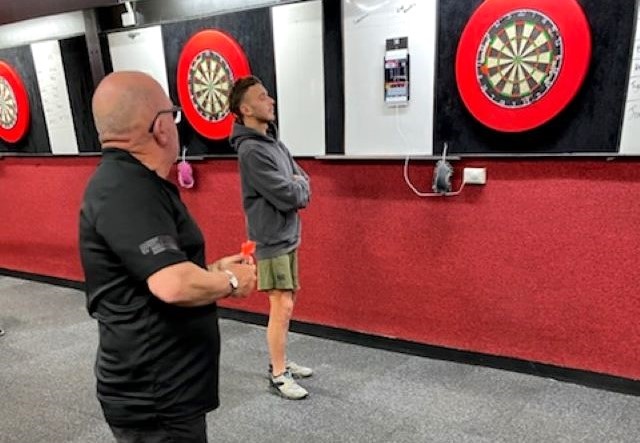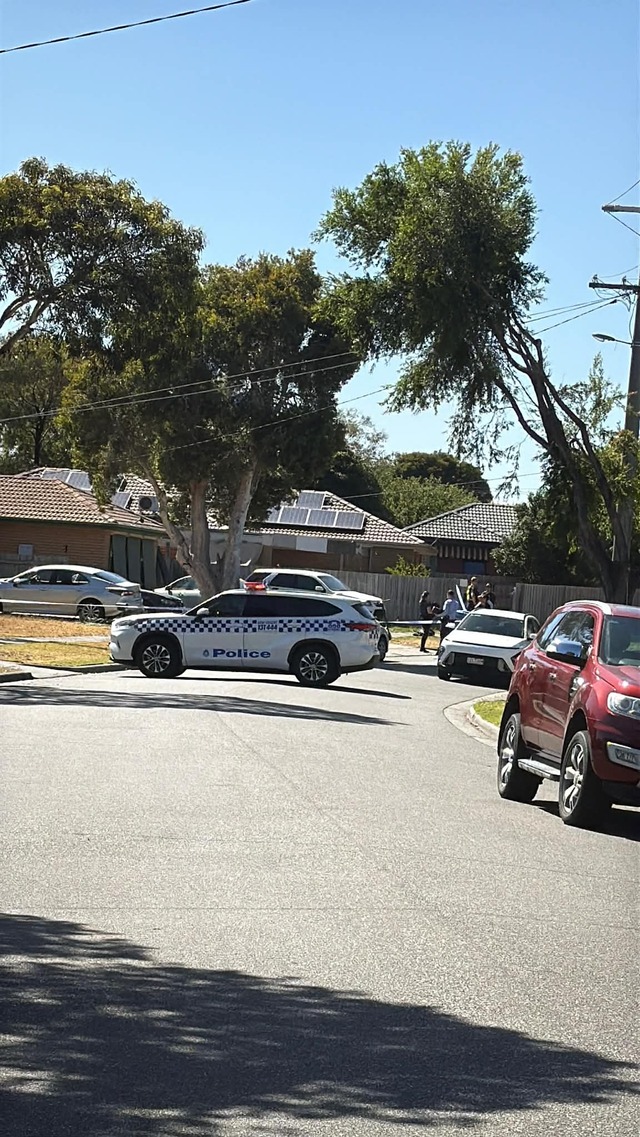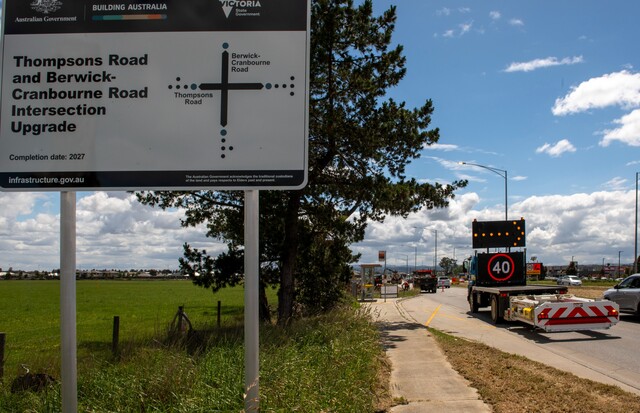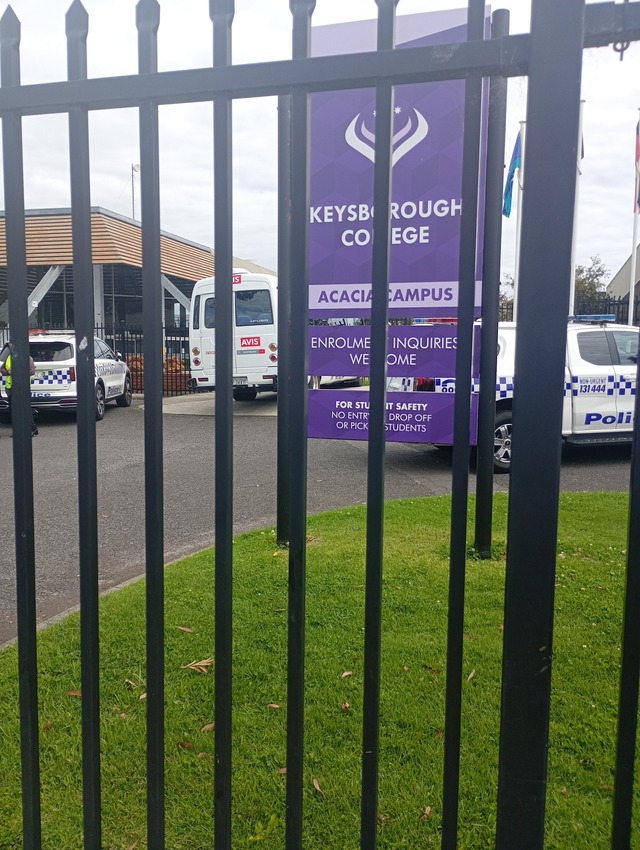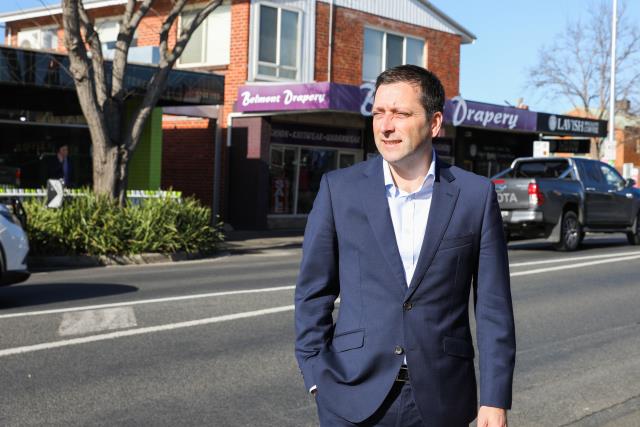Have you recently fallen for an Artificial-Intelligence generated content? Or maybe you’re finding it harder to spot a scam online?
You’re not alone — new research from Good Things Australia points to a growing lack of digital literacy in the age of AI.
The research reveals that nearly 48 per cent of Australians are finding it increasingly difficult to spot scams, while 29 per cent say they can’t always tell if something online is AI-generated.
For people aged over 65, the risk of falling for scams is intensified.
In line with the report, nearly 60 per cent of older people are worried about getting scammed online, the report also suggests that it’s getting increasingly hard to tell what’s real or not on the digital spheres.
As part of tackling these issues and teaching the critical skills involved in spotting a scam before its too late, Good Things Australia’s ‘Get Online Week’, aimed to make it easier for attendees of the event to learn practical digital skills and to close the digital divide.
The organisation held several classes across the south east last week, including in Narre Warren and Berwick.
Jess Wilson, Chief Executive at Good Things says there are a range of skills that help people protect themselves online.
“Simple steps make a big difference… avoid clicking links in suspicious emails, go directly to the official website instead, never share PINs or passwords, and never send money or personal details to unfamiliar contacts,” she said.
Already, across Australia, the Get Online week reached hundreds of people wanting to build on their digital literacy skills.
Nearly 32 per cent of Australians say that with the right support, they’re keen to get education about the characteristics and world of AI and equally, excited to gain skills and confidence to adapt to online environments.
“Get Online Week is a chance to connect with your community, learn something new and leave feeling more confident,” she said.
Wilson says that the fast-paced nature of the digital landscape can be overwhelming, but also considers education as the “foundation of online safety”.

